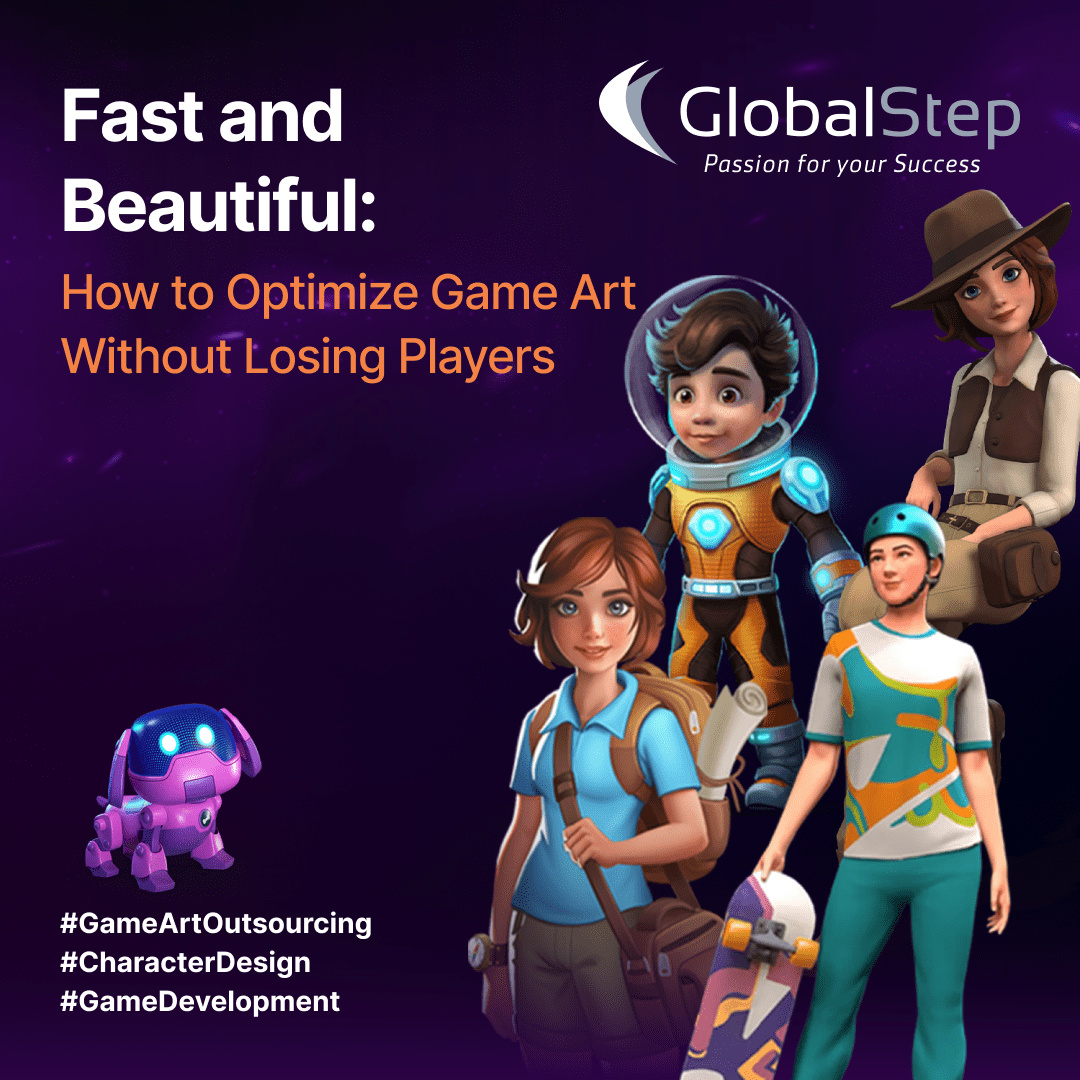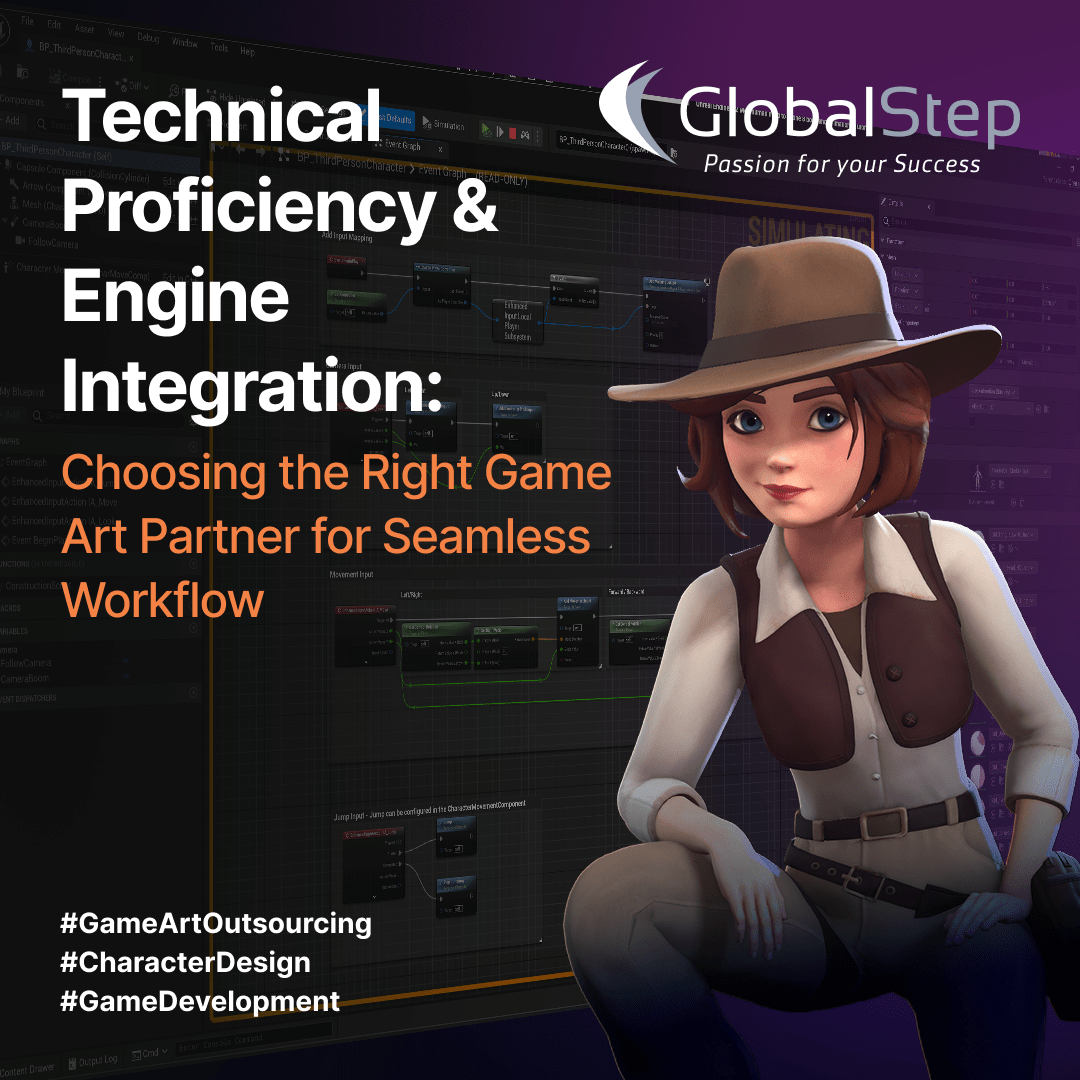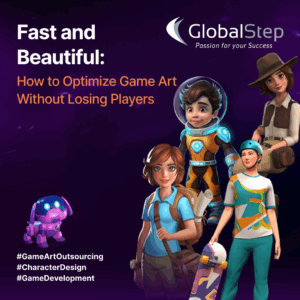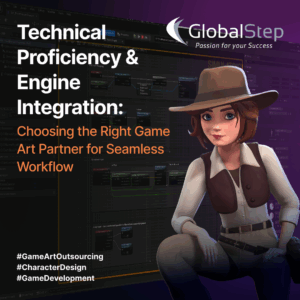In the ever-evolving world of gaming, the ability to reach a wider audience and adapt to different platforms is paramount. Enter video game porting—an essential process that allows developers to extend their creations across platform, ensuring players can enjoy their gaming experiences on any device

In the world of video games, bringing games onto new platforms quickly and efficiently plays a major role in the game’s success. This is where video game porting comes in handy, enabling developers to share their games on different devices and platforms than the one it was originally designed for. Game porting has numerous benefits, including allowing a game to reach a broader audience, and is a publication method that is swiftly moving the gaming industry forward.
Reaching New Platforms
Developers have much to gain when they port games. They can move beyond a single platform, accessing new markets where they can find diverse players, thereby growing their audience. For example, “Fortnite” was initially released for PC and consoles, then mobile. This enabled Epic Games to reach millions of smartphone users, who in return brought in additional income. Maximum reach and engagement are achieved by launching on the platforms players prefer most.
Improved Player Accessibility
Another advantage of game porting is that it makes games available to players on their desired devices. By modifying these games, developers meet various needs among different people, allowing anyone to play using any gadget they prefer. “Minecraft” started as a PC-exclusive title before being expanded to consoles, mobile phones and even virtual reality devices like Oculus Rift. The widespread availability across multiple platforms contributed to creating a huge community with players from all walks of life participating in the game.
Longer Product Life Cycle
The period within which most video games usually become obsolete is relatively short. However, through porting, developers can have their products accessed through other systems indefinitely. This strategy not only extends a game’s life but also generates more revenue. “Grand Theft Auto V”” was first released on consoles before finally being brought to personal computers. This move enabled many people to buy and play the game, which consequently led to increased sales volume. Rockstar Games realized there was high demand for this game among PC users and thus ported it with the aim of reaching a wider audience.
Challenges in Technology
Publishing games on other devices is very beneficial; however, it also presents challenges. Hardware, software and other requirements differ on each platform. Porting requires knowledge of programming languages, graphic design and audio, among other skills. Video Game Developers must ensure that all versions perform well while maintaining the same fun-filled adventure as the initial one. “The Witcher 3: Wild Hunt” provides an example of best porting practices. It transitioned from consoles smoothly to PCs, allowing everyone to have an equally immersive experience.
User Experience
For a successful transfer, players must feel the same way they did before the game was moved. This can only be achieved if user interfaces (UIs) are adjusted to fit different consoles’ screen resolutions without distorting their quality. Controls should also be made easily understandable so that anyone using any device may find joy in them as well. This is evident in “Among Us,” which began as a PC/mobile game and later got transferred to various gaming systems. Onboarding becomes crucial since this will help new entrants familiarize themselves with the game easily by implementing adjusted control systems across all devices, creating equal excitement among players no matter where they come from.
Player Onboarding and Support

During the porting process of video games, player support, as well as their introduction into this new environment through activities such as tutorials or guides, becomes vital. To enhance the overall experience on any device, it is important that control methods are tailored according to hardware specifications while considering software capabilities. This not only optimizes performance but also smooths transitions between different platforms, like consoles for example. To fully engage with gamers while moving among machines, developers need to listen to what players say through different media, then make appropriate changes based on that feedback. This makes titles more absorbing across the board in terms of content delivery mechanisms used during the realization stage. This approach strengthens the connection between the two entities, fostering deeper customer loyalty levels which would not have been achieved if the same were built from scratch without input from end-users.
Translation and Cultural Awareness
When games surpass boundaries, cultural diversity needs to be acknowledged alongside localization during porting. Going global requires understanding different contexts, languages and traditions in other nations. An example of this is seen in the “Pokémon” series, which was originally made in Japan but has been released all over the world, with each region getting a version tailored to its culture while keeping gameplay intact, thus being loved universally.
Porting video games makes gaming accessible to many places. New platforms are reached, player accessibility is improved and the product life is extended. However, challenges include overcoming technical difficulties, ensuring a uniform user experience across different devices and handling cultural disparities with great attention to detail.
It is now possible for developers to take on difficult tasks related to making games, including porting. GlobalStep’s deep experience with all phases of game development is a valuable resource for companies who want to see their games reach broader audiences through porting. Our services include modifying titles into various languages and on multiple platforms so that people around the world may enjoy them equally. Are you ready to share your game with new markets? Contact GlobalStep to leHaving been in operation since 2005, GlobalStep boasts of its ability to deal with complex issues, thus helping creators discover new territories offering outstanding entertainment opportunities capable of attracting players globally. If you are interested in shifting your products into fresh markets, contact us!





